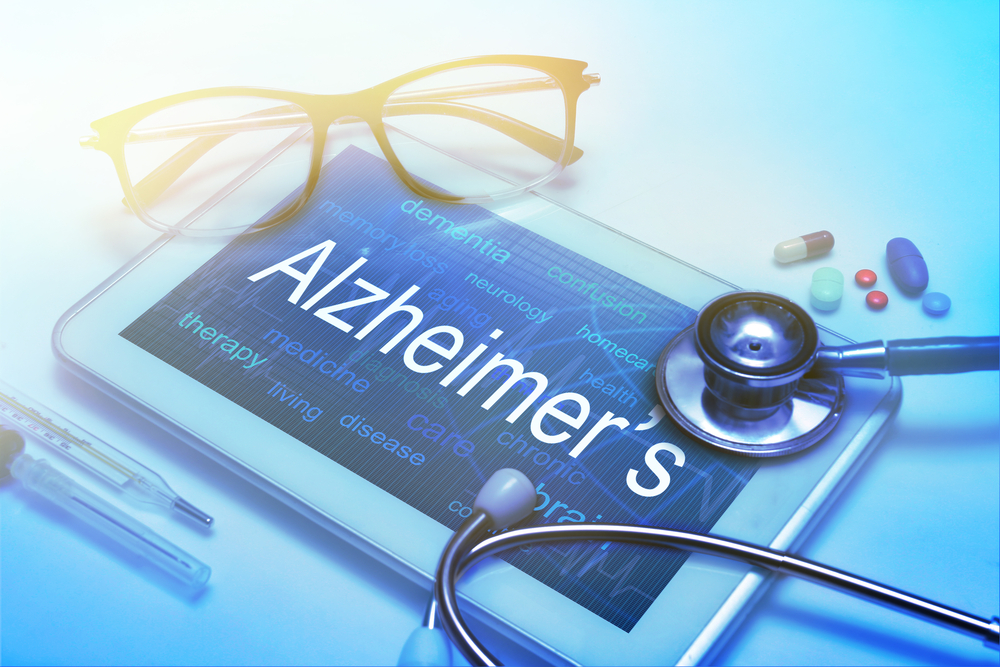FDA Clearance Supports Start of Phase 2 Trial of TNX-102 SL for Agitation in Alzheimer’s Patients
Written by |

The U.S. Food and Drug Administration (FDA) approved Tonix Pharmaceuticals’ investigational new drug (IND) application to support the start of a Phase 2 trial of TNX-102 SL in Alzheimer’s patients with agitation.
In December 2016, the treatment candidate was granted breakthrough therapy status — a process designated to accelerate the development of promising medications for serious conditions — for the treatment of post-traumatic stress disorder (PTSD). The investigational medication has a conditionally accepted name of Tomnya for PTSD and is currently in Phase 3 development for that condition.
Similar to PTSD, Tonix is testing TNX-102 SL for Alzheimer’s patients at a 5.6 mg dose. The medication is being developed as an under-the-tongue tablet and was designed to act on diverse neurotransmitter pathways related to common sleep disturbances, as it blocks receptors of:
- serotonin (associated with an increase in restorative slow wave sleep and a decrease in waking-after-sleep-onset);
- adrenergic (associated with reducing trauma-related nightmares and sleep disturbance), and;
- histamine (associated with the reversal of stress-induced increases in rapid eye movement sleep).
“This potential new indication for TNX-102 SL expands our clinical development pipeline, leveraging our understanding of the TNX-102 SL mechanism of action on sleep quality and our understanding of its potential clinical benefit in patients with agitation in Alzheimer’s,” Seth Lederman, MD, president and CEO, said in a press release.
Lederman said that TNX-102 SL may become a new therapy for Alzheimer’s patients with agitation, a patient population lacking FDA-approved treatments. He also said that Tonix will file a fast track application next month aiming to speed up the development and review of TNX-102 SL.
Alzheimer’s patients with agitation may experience emotional lability (rapid, exaggerated changes in mood), restlessness, irritability, and aggression. This complication is a common cause for patients having to transition into long-term care settings, such as nursing homes. It also represents a major financial burden in Alzheimer’s, in both healthcare and societal costs.
Current estimates indicate that agitation may affect more than half of the 5.3 million Americans with Alzheimer’s. This number is expected to almost triple by 2050. Patients often use atypical anti-psychotic medications for their behavioral symptoms, despite lack of conclusive data supporting the effectiveness of these therapies and the relevant medical risks associated with their use.
In the AtEase Phase 2 trial (NCT02277704), TNX-102 SL taken at bedtime showed effectiveness and safety for the treatment of military-related PTSD compared to placebo.





